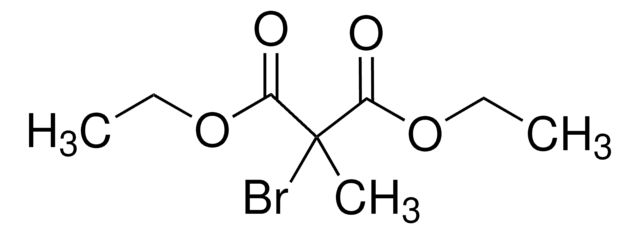723134
Tris(2-pyridylmethyl)amine
98%
Sinónimos:
TPA, TPMA, Tri-(2-picolyl)amine, Tripicolylamine
About This Item
Productos recomendados
Ensayo
98%
Formulario
solid
mp
85-89 °C
cadena SMILES
C(N(Cc1ccccn1)Cc2ccccn2)c3ccccn3
InChI
1S/C18H18N4/c1-4-10-19-16(7-1)13-22(14-17-8-2-5-11-20-17)15-18-9-3-6-12-21-18/h1-12H,13-15H2
Clave InChI
VGUWFGWZSVLROP-UHFFFAOYSA-N
Aplicación
Palabra de señalización
Warning
Frases de peligro
Consejos de prudencia
Clasificaciones de peligro
Acute Tox. 4 Oral
Código de clase de almacenamiento
11 - Combustible Solids
Clase de riesgo para el agua (WGK)
WGK 1
Elija entre una de las versiones más recientes:
¿Ya tiene este producto?
Encuentre la documentación para los productos que ha comprado recientemente en la Biblioteca de documentos.
Los clientes también vieron
Artículos
Tools and techniques for performing atom transfer radical polymerization (ATRP) with benefits and limitations.
Atom transfer radical polymerization (ATRP) has emerged as one of the most successful synthetic techniques for the preparation of polymers with predetermined molecular weights, narrow molecular weight distributions, and high degrees of chain end functionalities.
ATRP polymerization, chain transfer agent, living polymerization, functional telechelic polymers
Find how atom transfer radical polymerization (ATRP) tools can be used for the synthesis of well-defined functionalized polymers.
Protocolos
Sigma-Aldrich presents an article about RAFT, or Reversible Addition/Fragmentation Chain Transfer, which is a form of living radical polymerization.
We presents an article featuring procedures that describe polymerization of methyl methacrylate and vinyl acetate homopolymers and a block copolymer as performed by researchers at CSIRO.
Sigma-Aldrich presents an article about the typical procedures for polymerizing via ATRP, which demonstrates that in the following two procedures describe two ATRP polymerization reactions as performed by Prof. Dave Hadddleton′s research group at the University of Warwick.
Nuestro equipo de científicos tiene experiencia en todas las áreas de investigación: Ciencias de la vida, Ciencia de los materiales, Síntesis química, Cromatografía, Analítica y muchas otras.
Póngase en contacto con el Servicio técnico![Tris[2-(dimethylamino)ethyl]amine 97%](/deepweb/assets/sigmaaldrich/product/structures/695/792/ee0ff167-22a3-43a7-83a1-6c4908adf0ae/640/ee0ff167-22a3-43a7-83a1-6c4908adf0ae.png)

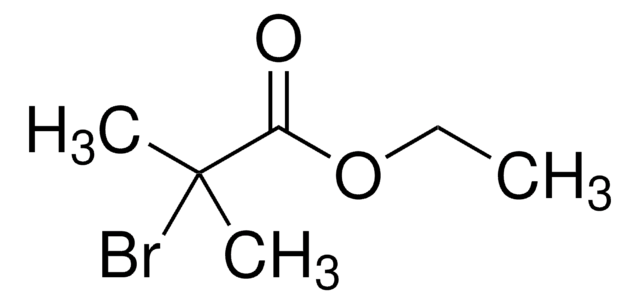
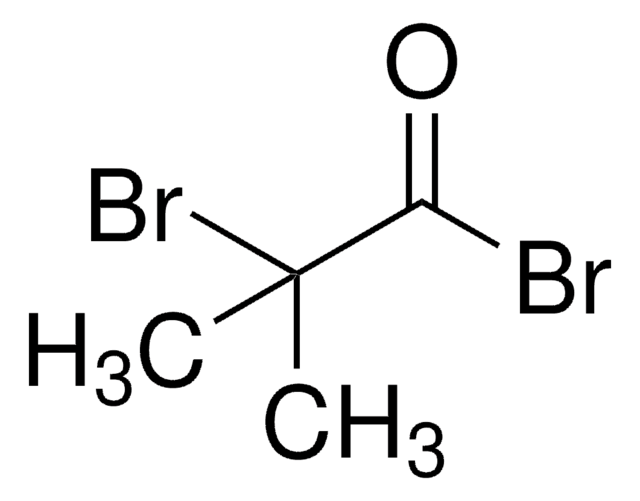
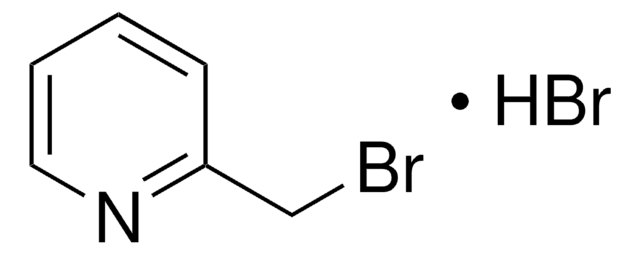
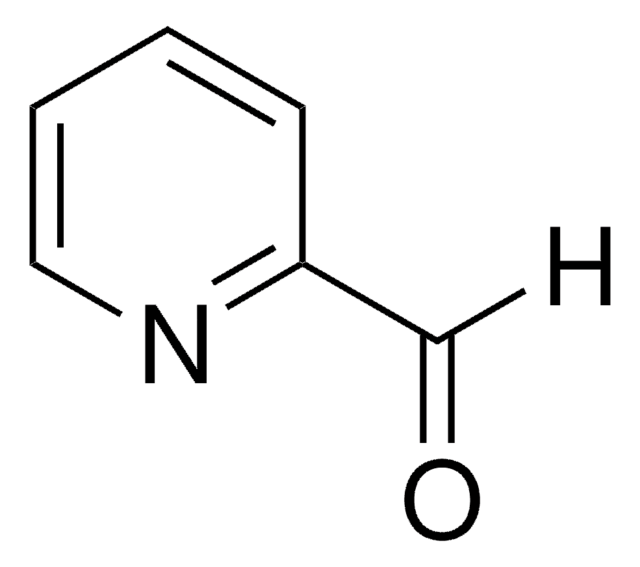



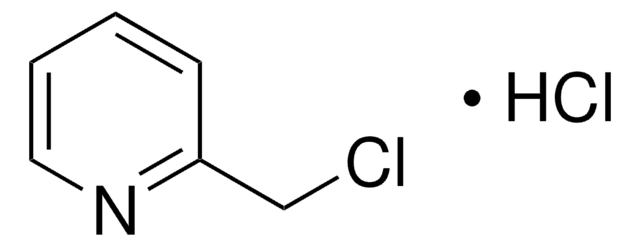

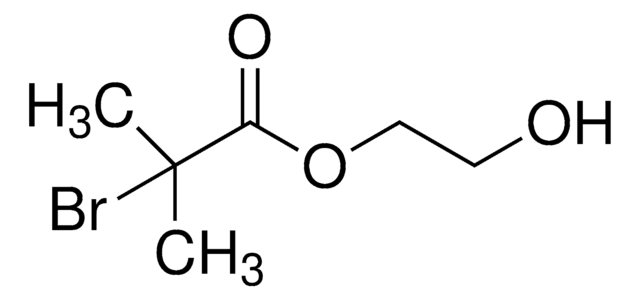

![Tris[2-(methylamino)ethyl]amine 97%](/deepweb/assets/sigmaaldrich/product/structures/217/368/3e89e134-669e-4a03-9a34-f97b50399bb2/640/3e89e134-669e-4a03-9a34-f97b50399bb2.png)
![Tris[2-(isopropylamino)ethyl]amine 90%](/deepweb/assets/sigmaaldrich/product/structures/253/235/b92964dc-f04c-4d63-9b8a-85279d81cd62/640/b92964dc-f04c-4d63-9b8a-85279d81cd62.png)

